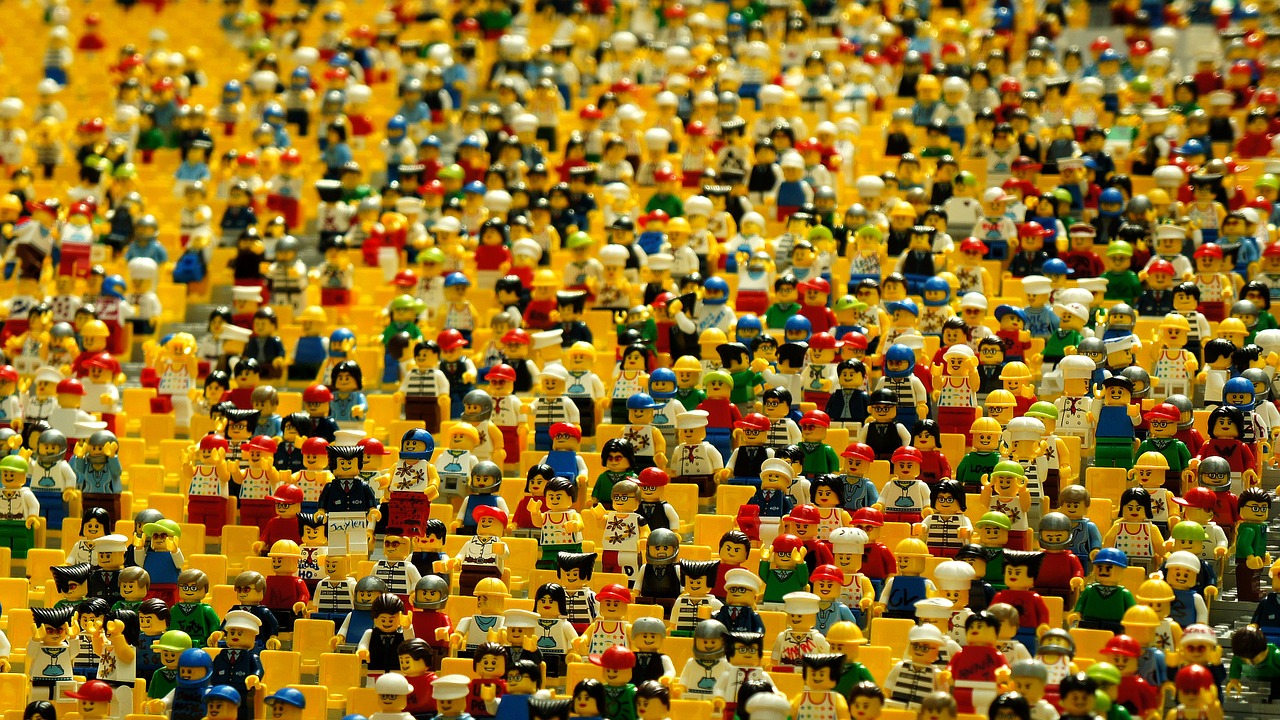
“Give Me Liberty Or Give Me Lego” – Censorship, Lego And The Power Of The Consumer
January 22, 2016
“Give Me Liberty Or Give Me Lego” – Censorship, Lego And The Power Of The Consumer
Last weekend I visited the mind blowing Andy Warhol and Ai Weiwei exhibition at the National Gallery of Victoria.
I know Andy Warhol well, but knew very little about the Chinese artist/activist Ai Weiwei, so before the exhibition I did a bit of Googling to find out more. I discovered that Weiwei planned to create a large scale work on the theme of free speech and censorship as part of the exhibition, using nothing but Lego. In an ironic twist, Lego actually refused to supply him with the bulk order of bricks due to ‘political’ reasons.
Translation: we don’t want to annoy China because we are currently investing and manufacturing there.
In response, Weiwei posted a series of comments on Instagram and Twitter, lamenting Lego’s decision not to fulfil his order and fans soon came to his aid, offering to donate their own bricks to help Weiwei make up for his unexpected brick-deficit. This gesture of grass-roots, consumer-generated goodwill really took off and actually provided Weiwei with much of the brickage needed to finish his work.
So despite Lego’s refusal to supply the goods, Weiwei’s powerful final piece is now on show, standing suitably defiant at the National Gallery of Victoria. It features the portraits of influential Australians including Australian of the Year and anti-domestic violence campaigner Rosie Batty, journalist Peter Greste, Aboriginal rights activist Gary Foley and Wikileaks founder Julian Assange.
It’s a sad moment when a social activist and artist who fights an oppressive regime is symbolically and politically slapped down by your favourite childhood toy. It would appear that this is a classic case of a misalignment between Lego’s brand identity of creativity, innovation and free expression and their financial interests in China, a culturally and politically repressive police-state. In this particular clash it was painfully clear that Lego was choosing financial interests over brand integrity by prioritising censorship over expression and imagination.
It’s not all bad news however. While this particular work was made on the strength of public donations, Lego has now said that it will allow anyone to make a bulk order of bricks – as long as they state that Lego does not endorse the end result.
The U-turn by Lego clearly demonstrates the power of the individual as a voice and as a consumer. How a backlash of public reaction on social media is heard, and acted on, by one of the world’s biggest brands. Although it could be seen as a small victory, it is still a step in the right direction and any change like this is definitely positive.
And with a much-loved, much-established brand like Lego forced to backtrack on its corporate policy, it’s just another example that shows that consumers are now firmly in charge.
Written by Sarah
Censorship

